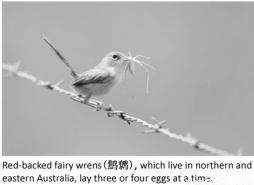题目内容
假定你是李华,在获悉Perfect English 英文报社将举行国际中学生“中华传统文化”(Chinese traditional culture)征文比晒活动后,你想写信请你的美国朋友Peter参加。信的内容包括:
1.主题:中华传统文化知识;
2.活动时间:2017年7月1日-31日;
3.投稿邮箱:CTCcompetition@perfectenglish.com。
注意:
1.词数100左右;
2.可适当增加细节,以使行文连贯.
Dear Peter,
____________________________________________________________________________________________
____________________________________________________________________________________________
____________________________________________________________________________________________
____________________________________________________________________________________________
____________________________________________________________________________________________
____________________________________________________________________________________________
___________________________________________________________________
Yours,
Li Hua
 学期复习一本通学习总动员期末加暑假延边人民出版社系列答案
学期复习一本通学习总动员期末加暑假延边人民出版社系列答案 芒果教辅暑假天地重庆出版社系列答案
芒果教辅暑假天地重庆出版社系列答案

 ou are donkeys,” said the man.
ou are donkeys,” said the man. saw the zebras. They asked the zebras where they came from. When the zebras told the donkeys their secret, the donkeys all rushed to see the old man.
saw the zebras. They asked the zebras where they came from. When the zebras told the donkeys their secret, the donkeys all rushed to see the old man.